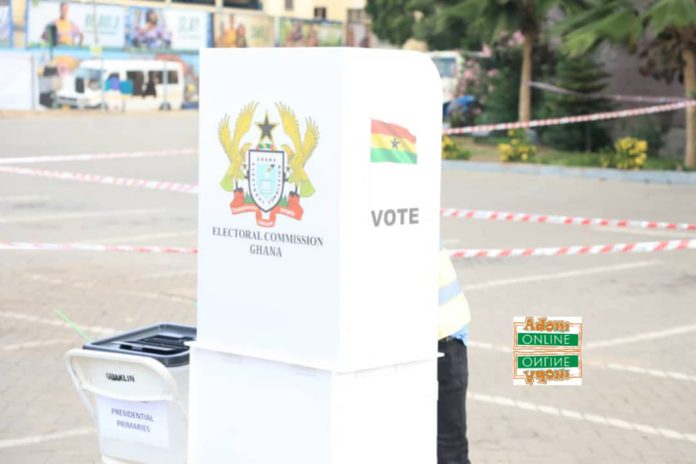Elections can be a significant source of stress and anxiety for many people. In fact, research has shown that election cycles can lead to increased levels of stress, anxiety, and depression among the electorate.
This phenomenon is often referred to as “Election Stress Disorder” or “Election Anxiety”.
Election stress can be overwhelming, and debates and divisive rhetoric are significant contributors to this phenomenon.
Common Symptoms of Election Stress Disorder include increased anxiety, feeling overwhelmed and worried about the outcome of the election, feeling hopeless and disconnected from others leading to depression, feeling physically and emotionally drained making you exhausted, and having difficulty concentrating and making decisions.
The intense media coverage and heated debates during election periods can create a sense of tension and unease, leading to increased stress levels.
By recognizing the factors contributing to election stress and adopting effective coping strategies, individuals can better manage their anxiety and maintain a healthier perspective during turbulent times.
Factors Contributing to Election Stress:
Constant Media Coverage, Non-stop news cycles, and social media updates can create a sense of perpetual uncertainty. Constant exposure to Political News, the 24/7 news cycle and social media platforms can amplify biased and conflicting information, further polarizing public opinion and increasing stress levels.
This non-stop coverage can lead to cognitive overload, making it difficult for individuals to focus or make decisions. The relentless media coverage exposure to Political News can create a sense of tension and unease, especially for those who are highly engaged in the political process.
Heated Social Media discussions and online discussions can quickly turn heated, leading to feelings of frustration and anger. Social media platforms can amplify biased and conflicting information, further polarizing public opinion and increasing stress levels.
Concerns about the Future: The uncertainty surrounding election outcomes and their potential impact on personal lives can evoke feelings of fear and dread.
Divisive Rhetoric: The abuse and pervasive negativity of political campaigns can create a level of stress and resentment that intrudes into intimate relationships.
People’s emotional well-being can be affected by anticipating stress related to political elections, even before anything has happened. It’s however essential to recognize the factors contributing to election stress and take proactive steps to manage anxiety.
Limit exposure to News and Social Media and set specific times to stay informed, rather than constantly checking updates. Practice self-care by engaging in activities that promote relaxation and stress reduction, such as exercise, meditation, or deep breathing exercises, and also seek support by connecting with friends, family, or mental health professionals for emotional support.
Remember, acknowledging the factors contributing to election stress and taking proactive steps to manage anxiety is crucial for maintaining your well-being during turbulent times.
It’s essential to prioritize your mental health during election cycles. By acknowledging the potential for stress and taking proactive steps to manage it, you can maintain your well-being and stay engaged in the democratic process.
Source: Shadrach Assan


